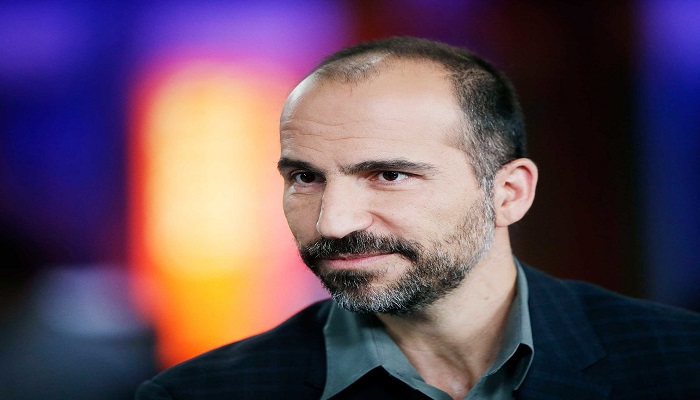Transport authorities in London have signalled that they will not renew Uber’s operating licence when it expires this month. They hinged their decision on the company’s attitude towards reporting criminal offences and its use of software to that prevented regulators from monitoring the app. The controversial software, known as Greyball provides a fake map of cars for users suspected to be regulators. Uber was also accused of a lack of responsibility in its approach to how medical certificates were obtained by drivers. TFl had recently asked Taxify another ride sharing app to suspend operations as it was not certified.
2017 has been a turbulent year
Uber has had a turbulent 2017 with founder Travis Kalanick resigning as Chief Executive Officer (CEO) of the company after core investors asked him to step down. Uber had been accused of mismanaging sexual harassment allegations by one of its ex staff, and stealing trade secrets from Waynmo which is owned by Google. Dara Koshrowshahi was recently appointed as his replacement. The company could also be in the midst of an ownership tussle as Benchmark Capital, a key investor in Uber has resisted plans by Japans Softbank to invest in the company.
Implications of the ban
Regulators in other countries where the company operates will be watching events in London carefully and could decide to toe the same line. Uber has had similar run ins with law enforcement authorities in the US. Uber (formerly known as Uber Cab) was founded in March 2009 by Travis Kalanick and Garret Camp. The company started operations in San Francisco, USA before expanding across the world.















